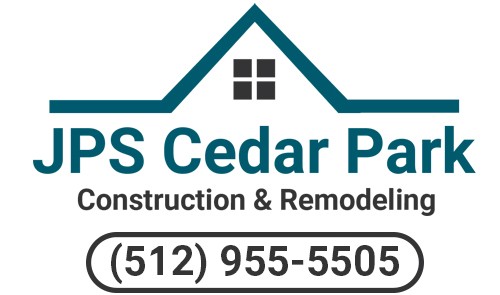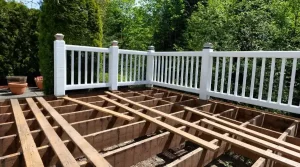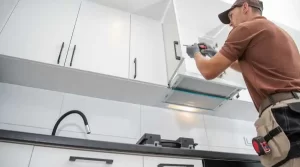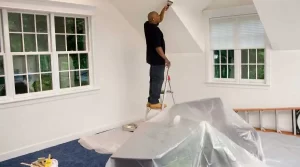Are you ready to embark on a whole home remodel but do not know where to begin? Remodeling your entire home can be a challenging task, but with careful planning and these essential steps, you can make the process smoother and more manageable.
1. Determine the Scope of the Project
Assess the renovation tasks that you can handle yourself and those that would require professional expertise. Simple tasks like painting or small-scale demolitions may be suitable for DIY, while complex projects like window installations or large demolitions may necessitate hiring the help of professionals and contractors.
2. Set a Budget
Before diving into the project, determine your budget. Consider all the materials, labor costs, and potential unforeseen expenses. Communicate this to your contractor so they can give you a different prespective, and ensure that both of your estimated budget is thorough and accurate. Allocating a realistic budget will prevent financial stress and help you plan accordingly.
3. Choose a Design and Style
Decide on the overall design and style you want for your home. Whether it’s a modern, rustic, or farmhouse look, ensure that the design flows cohesively throughout the house. Consulting an interior designer or collecting ideas from friends, family, and platforms like Pinterest can be beneficial.
4. Acquire Necessary Permits
Check with your local authorities to identify the permits required for your renovation project. Structural changes, new windows, or plumbing and electrical modifications often demand permits. Staying compliant with building regulations will prevent legal issues in the future.
5. Consider Builder’s Risk Insurance
For extensive construction projects, builder’s risk insurance can protect you against property loss due to natural disasters, theft, or vandalism. Assess your homeowner’s policy and decide if additional coverage would be necessary.
6. Create a Realistic Timeline
Develop a detailed timeline for the entire project, including estimated completion dates for each task. Stick to the schedule as closely as possible to keep the renovation on track and avoid unnecessary delays.
7. Start the Renovation
With a well-organized plan and budget in place, it’s time to kick off the renovation. Don’t hesitate to seek professional help for tasks beyond your expertise, and always maintain open communication with contractors and other experts that would be involved.
Pro Tips
- Allow extra time in your timeline to reduce stress and accommodate potential setbacks.
- Research and compare multiple contractors before making hiring decisions to ensure quality and fair pricing.
- Overestimate your budget to account for unexpected expenses that may arise during the renovation.
Cost of Remodeling Your Entire Home
The cost of a whole home remodel can vary based on your location and specific renovation needs. Here’s a breakdown of the most common budget categories:
- Low ($20,000 – $50,000): This budget includes interior and exterior painting, basic flooring, baseboards, and landscaping.
- Medium ($50,000 – $100,000): Mid-range renovations cover everything in the low-cost category, with additions such as full bathroom and kitchen remodels, quality flooring, countertops, and cabinets.
- High ($100,000 – $250,000): High-end remodels include all previous improvements at professional quality, along with electrical, plumbing, or sewer upgrades and custom projects.
Living in a House During Renovation
Living in your home during the renovation is possible, but consider the additional mess and potential health hazards like paint fumes and dust. If you can manage it, living on-site is a cost-effective solution.
Renovating vs. Building a New Home
The decision between renovating and building a new home depends on the scale of the renovation and local housing market conditions. Small upgrades may be more cost-effective, but if significant structural issues exist or the housing market is favorable, building a new home might be a better option.
Duration of a Whole Home Remodel
The duration of a whole home remodel can span from four months to a year. Careful planning, sticking to the timeline, and proactive communication with professionals can help expedite the process.
Congratulations on taking the first step towards your whole home remodel! Armed with these essential tips, you are now well-prepared to embark on your exciting journey of transforming your current house into your dream home. Whether you’re planning to upgrade a few rooms or undertaking a complete renovation of the entire house, these carefully crafted steps will serve as your reliable roadmap to success.
Remember, a whole home remodel is a significant investment of both time and resources, but with careful planning, the guidance of professionals, and the determination to see your vision come to life, the rewards will be immeasurable. Your dream home awaits, and these steps will lead you towards its realization.







